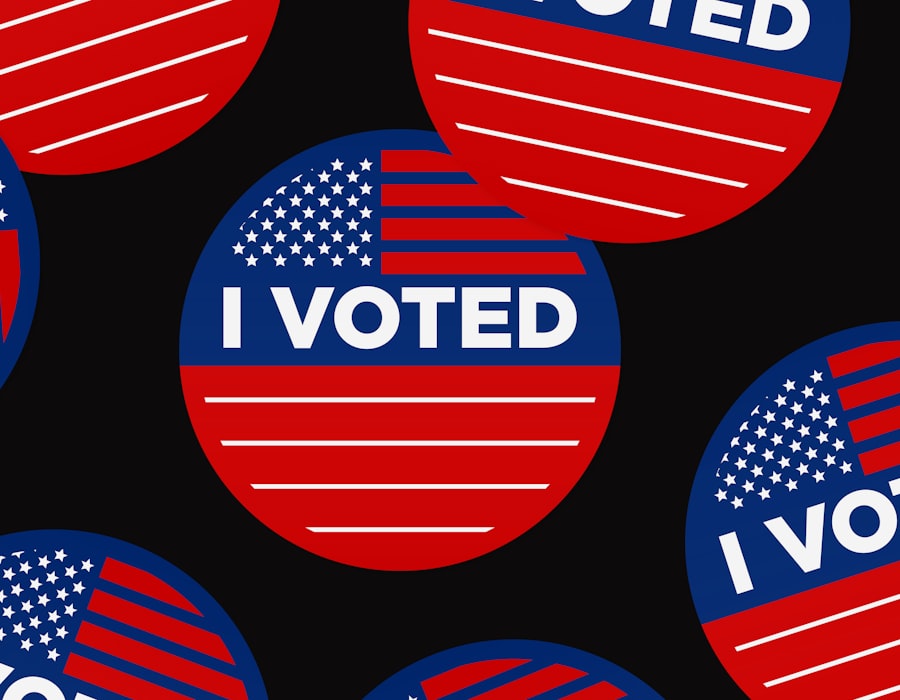Get ready for the “social elections” in Belgium! It’s that time again – almost two million Belgian workers are gearing up to nominate their trade union representatives in the workplace. These elections happen every four years in more than 7,000 Belgian companies. Workers get to appoint representatives to 11,200 different bodies – 7,200 ‘Committees for Prevention and Protection at Work’ and 4,000 ‘Enterprise Councils’. The vote is open until 26 May. Federal Economy Minister
“Social elections” kicked off today, giving almost two million Belgian workers the chance to appoint trade union representatives in the workplace.
Every four years, these trade union elections in over 7,000 Belgian companies allow almost two million workers to appoint trade union representatives to 11,20o representative bodies: 7,200 different ‘Committees for Prevention and Protection at Work’ (CPPTs) and 4,000 ‘Enterprise Councils’ (CEs). The former concerns companies with over 50 employees and the latter for those with over 100 employees, and the vote will close on 26 May.
“Social elections start today! This is an opportunity to bring democracy to life in the workplace,” Federal Economy Minister Pierre-Yves Dermagne on X (formerly Twitter).

Unions play a crucial role in workplaces by boosting job security, empowering workers to uphold their social security and labor rights, and providing avenues for training opportunities. According to Jean-Marc Urbain, Federal Secretary CSC Mons-La Louvière, unions are essential for the well-being of employees. It’s election time, a great opportunity for workers to exercise their democratic rights, both politically and socially. The social elections have kicked off, marking a chance to uphold democracy in the workplace. Let’s embrace this
“The presence of unions in workplaces strengthens job security, provides more opportunities for workers to exercise their social security and labour rights and gives more possibilities to benefit from training offered by their employer,” Jean-Marc Urbain, Federal Secretary CSC Mons-La Louvière, told Belga News Agency.
Les élections, c’est la démocratie ! Chez nous, elle est politique mais aussi sociale. C’est par elle que les travailleurs peuvent défendre leurs droits. Les élections sociales commencent aujourd’hui ! C’est l’occasion de faire vivre la démocratie sur le lieu de travail.
Elections in Belgium are not just about politics, they are a celebration of democracy! As the social elections kick off, it’s a chance for workers to stand up for their rights through voting. This unique time sees trade unions putting up a competitive front, with the CSC, FGTB, and CGSLB vying for votes. Even amidst a pandemic, electronic voting has been introduced to boost participation, making this democratic process even more accessible. This marks an exciting opportunity to witness the power of
This is the one time when trade unions break their united front to compete against each other. During the last election in 2020, which was postponed due to the Covid-19 pandemic, the CSC gained 50% of votes, the FGTB 35%, and the CGSLB 13%.
The pandemic prompted the introduction of electronic voting, which is expected to increase participation (unlike other Belgian ballots, voting is not compulsory).
As we gear up for the elections, the spotlight isn’t just on the cost-of-living crisis but also on improving working conditions. From meal benefits to remote work policies, it’s all up for discussion. Trade unions want their voices heard loud and clear, using this election as a chance to push for their goals in shaping the future government’s agenda.
Despite the fact that inflation and the subsequent cost-of-living crisis have weighed heavily on trade unions’ minds throughout the current mandate, working conditions take centre stage during these elections more than anything else. This includes everything from meal cheques to teleworking arrangements.
Nevertheless, this year’s social elections are coinciding with a flurry of other ballots and are seen by trade unionists as an opportunity to put pressure on the next mandated government to address their social and economic objectives.
Aside from these political dynamics, the main topics on the table throughout the elections are purchasing power and work-life balance.
Did you know that in Belgium, a good number of companies won’t be holding social elections because they can’t find enough candidates? That’s what a study by HR services provider Acerta revealed recently.

